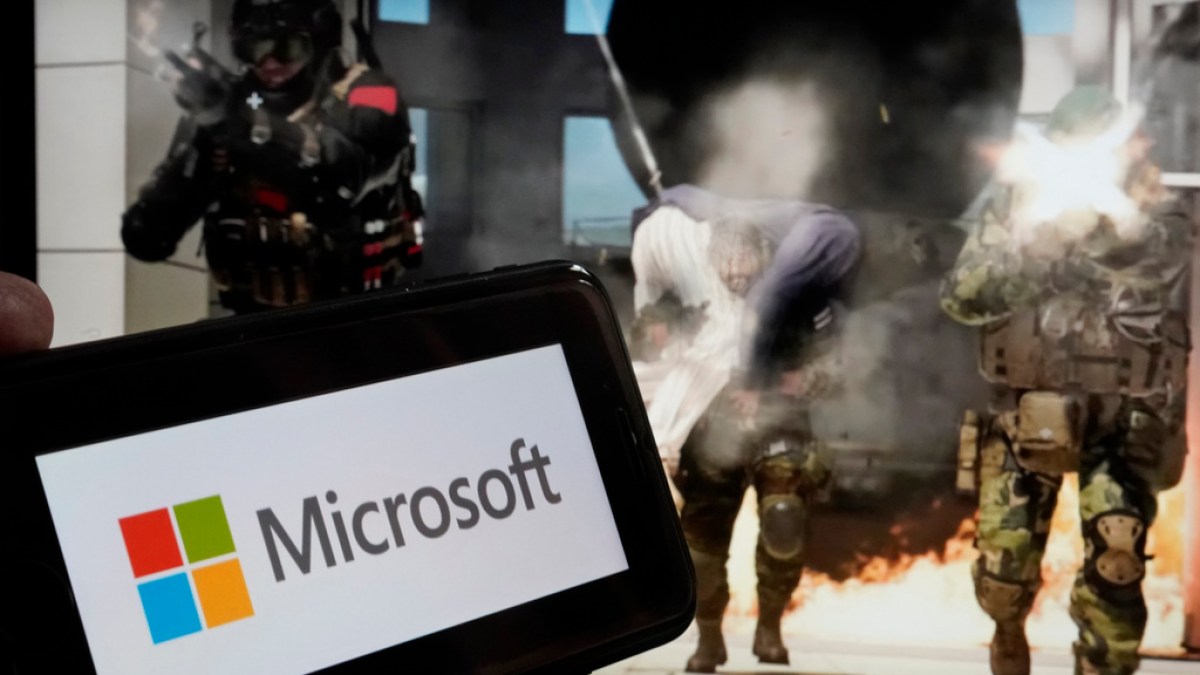Microsoft’s Least Exciting Business Line Is Its Most Important, and Investors Shouldn’t Overlook It
“Boring” products can make for revenue that funds riskier bets.
In January 2024, Office 365 quietly reached 400 million paid seats. Microsoft (MSFT 0.26%) products are as integrated into our professional lives as meetings that could’ve been emails, but these “boring” and decades-old tools are the fuel Microsoft is using to compete in the artificial intelligence (AI) race.
As AI progresses and automates away chunks of the professional world as we know it, the legacy suite of Microsoft 365 products shows no signs of slowing down. This ability to quietly and reliably generate revenue is funding Microsoft’s riskier AI bets.
Office products generated $54.9 billion in fiscal year 2024 (the 12 months ended in June 2024). That was 22% of all of Microsoft’s revenue. Microsoft 365 will keep the company on the leaderboard of AI innovators for years to come. This is great news for long-term Microsoft investors.

Image source: Getty Images.
Microsoft’s lagging AI strategy
Microsoft is still playing catch-up when it comes to generative AI. OpenAI leads with more than 200 million weekly active users and set the gold standard with the release of ChatGPT in 2022. Alphabet‘s Google and Meta Platforms both have models nearly equivalent to OpenAI.
Compared to these companies, Microsoft got a late start in deciding on an AI strategy. However, it has since closed the gap significantly by partnering with competitor OpenAI and, as of the end of 2024, was beginning to build models in-house.
Microsoft also purchased billions in Nvidia chips and continues to innovate on its cloud computing platform, Azure, and agentic powerhouse, Copilot. These strategic moves are, thus far, keeping pace with the other major players in the AI industry.
Microsoft requires immense amounts of capital to remain competitive in the AI landscape. Fortunately, its decades-old productivity and business lines are the stable engine propelling Microsoft into its new, automated era.
The Office moat
Normally, when one thinks of a legacy business, it’s of an outdated, shrinking portion of revenue. That is not the case with Microsoft’s Office products. Microsoft 365, including the applications Excel, Word, PowerPoint, Teams, and Outlook, is still growing by double digits year over year.
This indicates these product lines are not only here to stay, but are so universally adopted by businesses and individuals alike that it’ll be nearly impossible to dethrone them anytime soon.
These products are also mostly recession-resistant, as businesses are unlikely to cut them in an economic downturn. Microsoft also switched to a subscription model more than a decade ago, making revenue from these lines of business extraordinarily predictable and dependable.
The significant growth in the legacy products is also great news for the capital-intensive investments Microsoft will need to continue making for the next several years. Microsoft reports that it’s on track to invest approximately $80 billion to build out AI-enabled data centers for training and deploying AI models and applications.
Microsoft’s AI revenue is exploding
In its earnings call on July 30, Microsoft revealed Azure’s income for the first time: a whopping $75 billion, an increase of 34%, according to chairman and CEO Satya Nadella.
The CEO added, “Cloud and AI is the driving force of business transformation across every industry and sector. We’re innovating across the tech stack to help customers adapt and grow in this new era.”
Microsoft’s market cap is approaching $4 trillion, and there seems to be quite a bit of room left for growth, particularly if the company’s big AI bets pay off.
Microsoft remains a top competitor
For investors, Microsoft remains a solid long-term play, largely because of the stable products users have known for years. With a quarterly dividend of $0.91 per share, investors are rewarded on both the value and growth side, though the dividend yield is under 1%. Microsoft’s burgeoning agentic and innovative technologies will continue to produce massive revenue alongside mature, reliable products.
Overall, Microsoft’s total revenue increased 18% from Q4 2024 to Q4 2025. There’s plenty of risk associated with investing in AI technologies, but thanks to Microsoft’s steady lines of business, the downside is far less than that of many competitors.
Catie Hogan has no position in any of the stocks mentioned. The Motley Fool has positions in and recommends Alphabet, Meta Platforms, Microsoft, and Nvidia. The Motley Fool recommends the following options: long January 2026 $395 calls on Microsoft and short January 2026 $405 calls on Microsoft. The Motley Fool has a disclosure policy.




